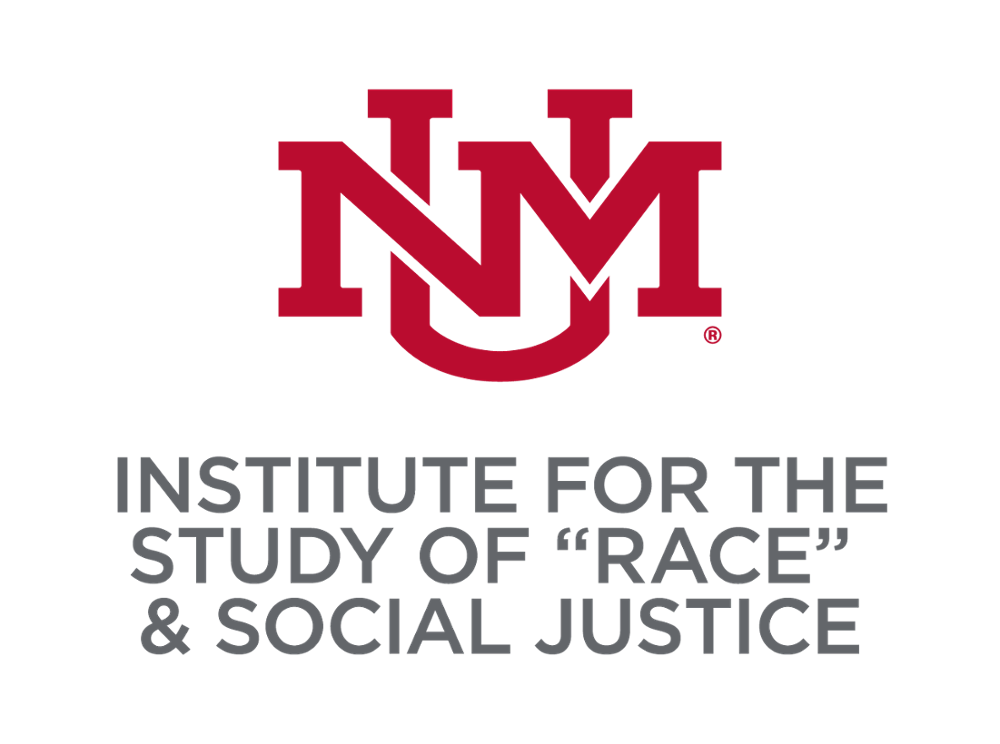(National) Latino Studies Association, Beyond Borders
![(National) Latino Studies Association, Beyond Borders [article image]](../../assets/img/latinao-studies-association-logo.png)
When: Wed, Jul 15 2020 12:00am - Sat, Jul 18 2020 12:00am
Where: University of Notre Dame in South Bend, Indiana
The 4th Biennial Conference Beyond Borders: Latina/o Studies in Times of Crisis,
Proposal Deadline:
EXTENDED TO December 1, 2019 11:59pm EST
Walls. Children in cages. Natural disasters. Anti-immigrant sentiment. Attacks against LGBTQ communities. Attacks against women’s rights. White supremacy. The criminalization of refugees. Institutional racism. These are just a few signs that remind us that we are living in times of crisis. Though none of these issues are new, their intensity in recent years urgently demands our collective action. The LSA 2020 Conference seeks to provide a space to discuss, strategize, and promote action for the benefit of Latina/o/x communities across borders.
Physical borders are material and concrete divisions that affect the lives of many Latina/o/xs, but also occur in less tangible forms, through structural, systemic, and even psychic borders that divide us both from U.S. society and amongst ourselves. Nationalism, race, ethnicity, class, colorism, sexuality, gender, ability, age, citizenship status, religion, language, and colonialism—and their intersections—produce and perpetuate such borders.
These inequalities are also reflected in the field of Latina/o/x studies itself. By holding the 2020 Conference in South Bend, Indiana—a city in the rural Midwest with an established Latina/o/x community—we encourage participants to engage with scholars, community organizers, and activists beyond the traditional geographical areas (West Coast, Southwest, East Coast, Florida) that are more often represented in our field. Likewise, we encourage participants to consider addressing the experiences of underrepresented communities in Latina/o studies including Afro-Latina/os, Indigenous peoples, LGBTQ, Central and South Americans, linguistic minorities, and non-Hispanophone Latina/os who are often excluded from this category, such as Haitians, the Garífuna, and Brazilians. In addition, we also encourage interdisciplinary deliberation about how to build stronger solidarity networks among scholars, activists, community organizations, artists, and other actors in these times of crisis.

